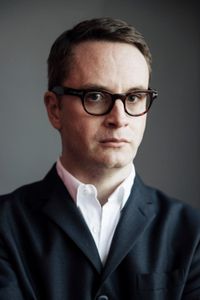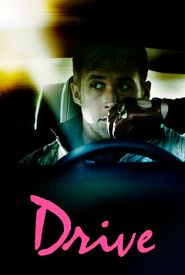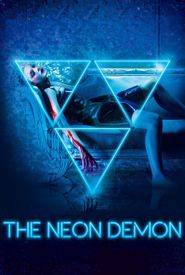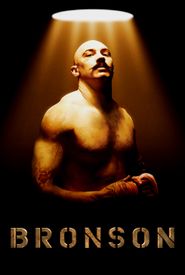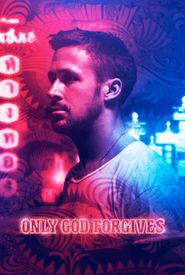Here is the biography of Nicolas Winding Refn:
Nicolas Winding Refn was born in Copenhagen, Denmark, in 1970 to Anders Refn, a film director, and editor, and Vibeke Winding (née Tuxen),a cinematographer. At the age of 8, NWR moved to New York with his parents, where he would stay for the rest of his youth. The grandeur and grit of 1980s Manhattan left a deep impression on the young NWR, who then only spoke Danish. Calling the city home ever since, he would devote his career to exploring the filmic legacy of this iconic cityscape, developing a distinctive, neo-noir cinematic style.
In 1987, NWR returned to Copenhagen to complete his high school education, but upon graduation, he swiftly returned to New York, where he attended the American Academy of Dramatic Arts. NWR's college years were cut short when NWR threw a desk at a classroom wall and was expelled from the Academy. Instead, he applied to the directing program at the distinguished Danish Film School and was immediately accepted. However, this education was also to be short-lived, as NWR dropped out a month before the start of the semester.
During these educational bouts, NWR experimented passionately with the short film format, writing, directing, and starring in his own productions. In 1993, an obscure Danish cable TV channel offered to air his short film Pusher, which led to the offer of a lifetime. NWR was given 3.2 million kroner (roughly USD 306,000) to transform the short into a feature. At 24 years old, NWR used the funding to write and direct the feature film Pusher (1996),a brutal portrayal of the criminal underworld of Copenhagen. Notorious, violent, and uncompromising in its social themes, Pusher won NWR instant national and international critical acclaim and remains a cult title amongst film aficionados.
The success of his debut opened doors and spurred him to push the boundaries of filmmaking further, resulting in the similarly gritty Bleeder (1999),which portrayed a network of Copenhagen's working-class denizens living and working at the edge of the law. Highly stylized and focused on introverted emotional reactions to epic situations, this film was a turning point for shaping NWR's future career. Bleeder was selected for the 1999 Venice International Film Festival and won the prestigious FIPRESCI Prize in Sarajevo.
NWR's third feature, the much-anticipated Fear X (2003),was his first foray into English-language movies. Starring the award-winning actor John Turturro, Fear X premiered at the Sundance Film Festival. The film was highly divisive to critics, and its release was a massive financial disaster that left NWR broke and in debt.
In dire desperation and needing to pay off his debt, NWR returned to Denmark to revisit his first feature film, the successful Pusher. NWR was reluctant to return to his past success but decided he could make commercially viable and artistically pleasing films in the Pusher franchise. Over the short course of two years, NWR managed to write, direct, and produce the two sequels, Pusher II (2004) and Pusher III (2005). The films' box office performance validated the success of the internationally renowned Pusher trilogy.
In 2005, the Toronto Film Festival held a Pusher retrospective showing all three features, cementing its worldwide phenomenon. Around this time, while still looking for financial stability following his Fear X experience, NWR took a quick gig directing an episode of the iconic UK television mystery series Agatha Christie's Marple (2004).
With such critical acclaim from the newly released Pusher II and Pusher III, NWR's reputation as a writer, director, and producer was solidly reaffirmed in the film industry. NWR and his wife, Liv Corfixen, were the subjects of an acclaimed documentary, Gambler (2006),which premiered at the Rotterdam International Film Festival in 2005. In addition, NWR received two lifetime-achievement awards: one from the Taipei International Film Festival in 2006 and the second from the Valencia International Film Festival in 2007. Gambler won the Emerging Master Award from the Philadelphia International Film Festival 2005.
Longtime UK based distributor and friend of NWR, Rupert Preston, urged him to accept an offer to write and direct Bronson (2008),an ultra-violent and stylistically surreal film following the real-life landmarks and self-entrapment of Charles Bronson, Britain's most notorious criminal. Even before the film was released, Bronson made waves inside and outside the film industry. The 2009 Sundance Film Festival selected the film for its World Cinema Dramatic Competition, and Bronson soon became the talk of the festival. With such a prestigious premiere, Bronson was chosen for other major international film festivals and reaped substantial box
